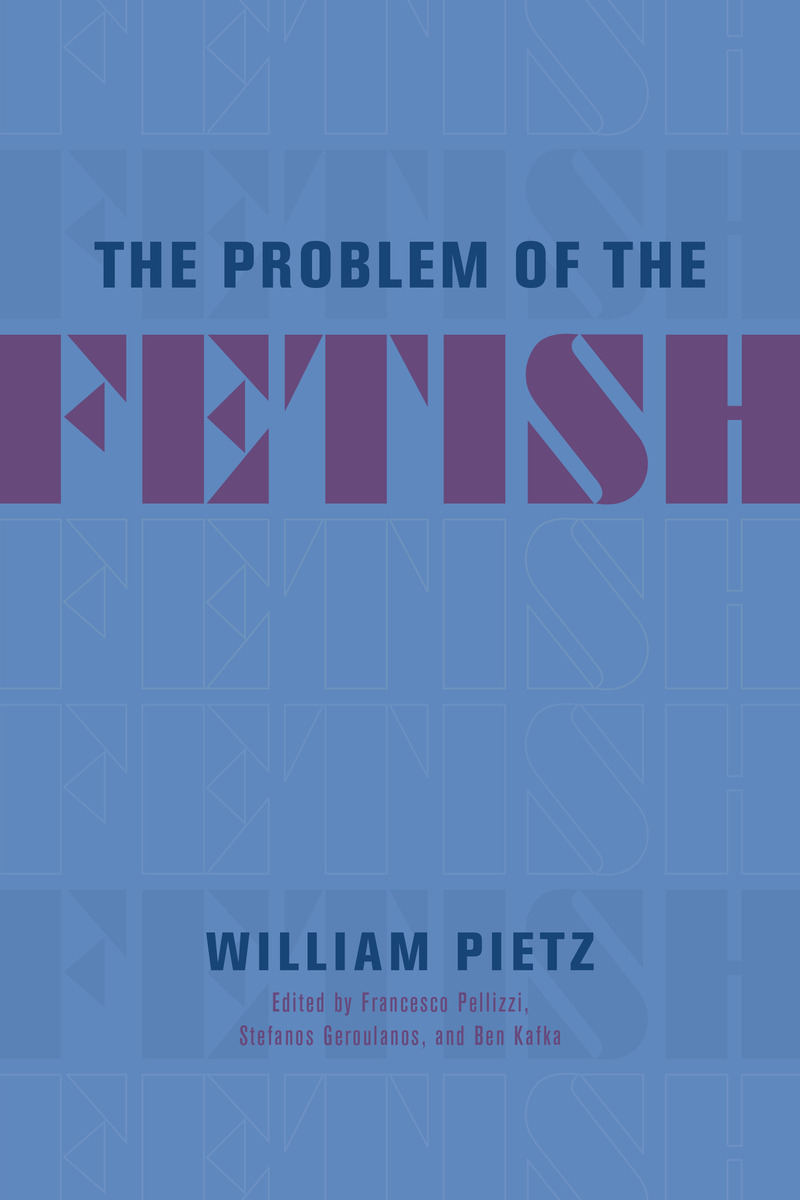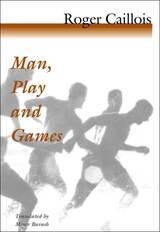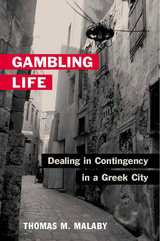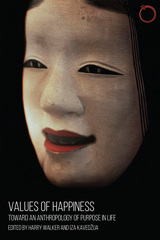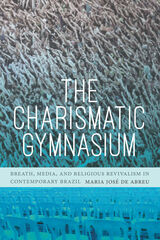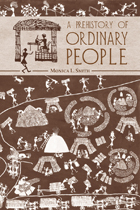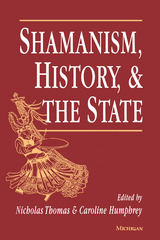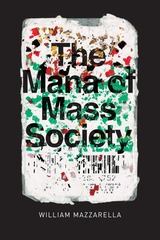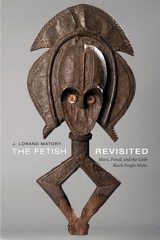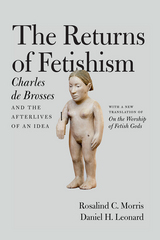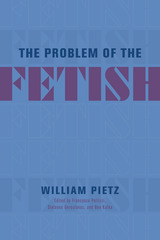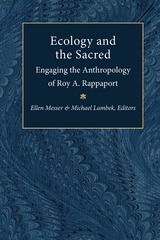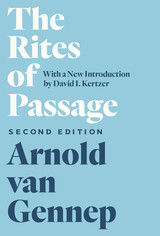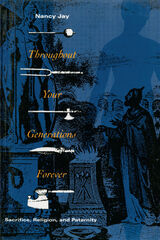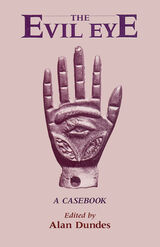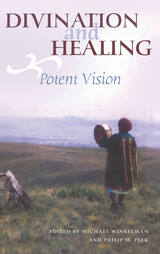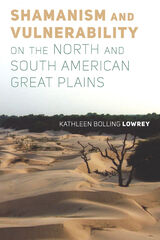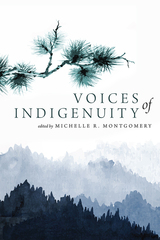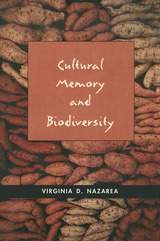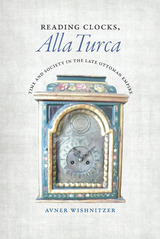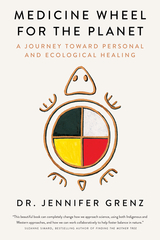The Problem of the Fetish
University of Chicago Press, 2022
Cloth: 978-0-226-82179-5 | Paper: 978-0-226-82181-8 | eISBN: 978-0-226-82180-1
Library of Congress Classification GN472.P54 2022
Dewey Decimal Classification 202.1
Cloth: 978-0-226-82179-5 | Paper: 978-0-226-82181-8 | eISBN: 978-0-226-82180-1
Library of Congress Classification GN472.P54 2022
Dewey Decimal Classification 202.1
ABOUT THIS BOOK | AUTHOR BIOGRAPHY | REVIEWS | TOC | REQUEST ACCESSIBLE FILE
ABOUT THIS BOOK
A groundbreaking account of the origins and history of the idea of fetishism.
In recent decades, William Pietz’s innovative history of the idea of the fetish has become a cult classic. Gathered here, for the first time, is his complete series of essays on fetishism, supplemented by three texts on Marx, blood sacrifice, and the money value of human life. Tracing the idea of the fetish from its origins in the Portuguese colonization of West Africa to its place in Enlightenment thought and beyond, Pietz reveals the violent emergence of a foundational concept for modern theories of value, belief, desire, and difference. This book cements Pietz’s legacy of engaging questions about material culture, object agency, merchant capitalism, and spiritual power, and introduces a powerful theorist to a new generation of thinkers.
In recent decades, William Pietz’s innovative history of the idea of the fetish has become a cult classic. Gathered here, for the first time, is his complete series of essays on fetishism, supplemented by three texts on Marx, blood sacrifice, and the money value of human life. Tracing the idea of the fetish from its origins in the Portuguese colonization of West Africa to its place in Enlightenment thought and beyond, Pietz reveals the violent emergence of a foundational concept for modern theories of value, belief, desire, and difference. This book cements Pietz’s legacy of engaging questions about material culture, object agency, merchant capitalism, and spiritual power, and introduces a powerful theorist to a new generation of thinkers.
See other books on: African Studies | Fetishism | Geroulanos, Stefanos | Pellizzi, Francesco | Problem
See other titles from University of Chicago Press
